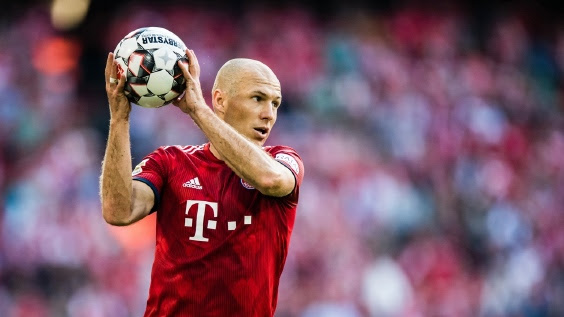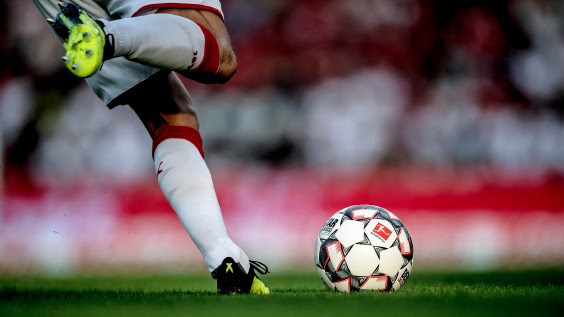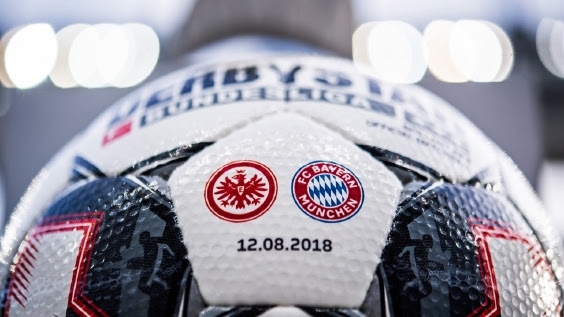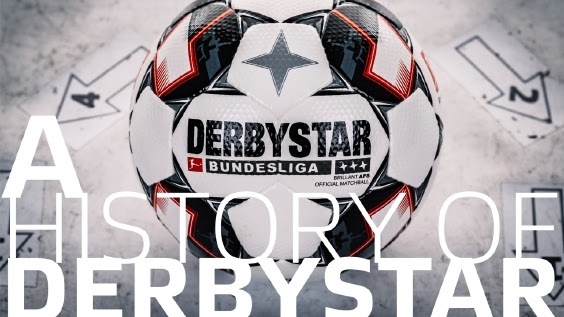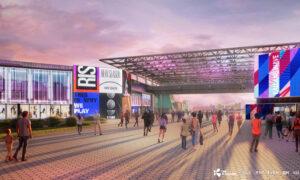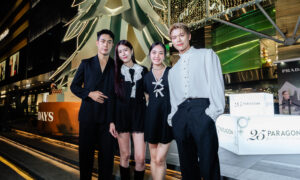Not just any old football will do for a world-class league like the Bundesliga, which has welcomed back an old friend for the 2018/19 season: say hello to the DERBYSTAR, a ball with a fascinating history…
The first DERBYSTAR balls were produced in 1963 – the same year in which the Bundesliga was founded – at a small leather factory in the town of Goch, in Germany’s Lower Rhine region. The company specialised in horse riding items such as saddles and gaiters but decided to branch out into football, giving the new ball a name reflecting its links to equestrian sports (derby) and commitment to quality (star).
The new venture was so successful that the ball department was eventually outsourced, with DERBYSTAR setting up as an independent company in 1968. Founded by Eigil Nielsen and leather goods expert Josef Moll-Thissen, DERBYSTAR continued to produce hand-sewn leather balls before embracing the synthetic revolution of the 1970s.
Nielsen was the man behind the now iconic 32-panel football, first introduced in 1962 and showcased with great success at the 1970 FIFA World Cup in Mexico. DERBYSTAR balls first appeared in the Bundesliga the following year, in 1970/71, back when Germany’s top-flight clubs were still permitted to provide their own match balls.
The company was one of the first to develop footballs with synthetic materials in the mid-1970s, and has remained ahead of the curve ever since in terms of innovation and ground-breaking technology. In the 1979/80 Bundesliga season, DERBYSTAR balls were used exclusively in all 306 matches. Current FC Bayern München chairman Karl-Heinz Rummenigge was clearly a fan: he scored a league-high 26 goals as the Bavarians claimed their fifth Bundesliga title ahead of Hamburger SV.
Since 1991, DERBYSTAR has been part of the SELECT group founded by Nielsen in 1947, which provides match balls for the top leagues in Denmark, Sweden, Finland, Iceland, Belgium and the Netherlands. It has now stepped things up a gear by returning to Germany, where it will supply balls for the top two divisions until 2021/22.
“Our return to the Bundesliga and Bundesliga 2 underscores the company’s strong position in the market and our very positive performance in recent years,” said Andreas Filipovic, DERBYSTAR’s head of sales and sponsoring. “The classic DERBYSTAR lettering in conjunction with the Bundesliga’s distinctive red field and the clear ‘Bundesliga’ lettering offer the high recognition value of both brands and at the same time symbolise the intensity with which we and the DFL jointly interpret our four-year cooperation.”
“DERBYSTAR’s balls have enjoyed an excellent reputation for decades and have already been an integral part in many Bundesliga stadiums in the past,” added Ansgar Schwenken, DFL Director of Football Affairs & Supporters and Member of the DFL Executive Committee. “The long tradition of continuously outstanding ball quality underlines the great expertise and experience of the company.”
Since the late 1980s, DERBYSTAR balls have been produced in Pakistan, where the company ensures the highest quality standards and fair working conditions for its employees. Between 2,000 and 2,500 balls are handsewn every day by Anwar Khawaja Industries (AKI), a Fairtrade-certified company. Since 1995, DERBYSTAR-SELECT has also been providing third-world countries with thousands of balls through charity organisations.
The DERBYSTAR ball made its official return to German football on 12 August 2018, as reigning Bundesliga champions FC Bayern München routed DFB Cup holders Eintracht Frankfurt 5-0 in the Supercup. The Bundesliga’s goal-getter supreme, Robert Lewandowski, scored a hat-trick in that game – and the three-time winner of the Torjägerkanone will be looking to make sure the DERBYSTAR ends up in the back of the net on a regular basis as Bayern go in search of a seventh successive league crown.

